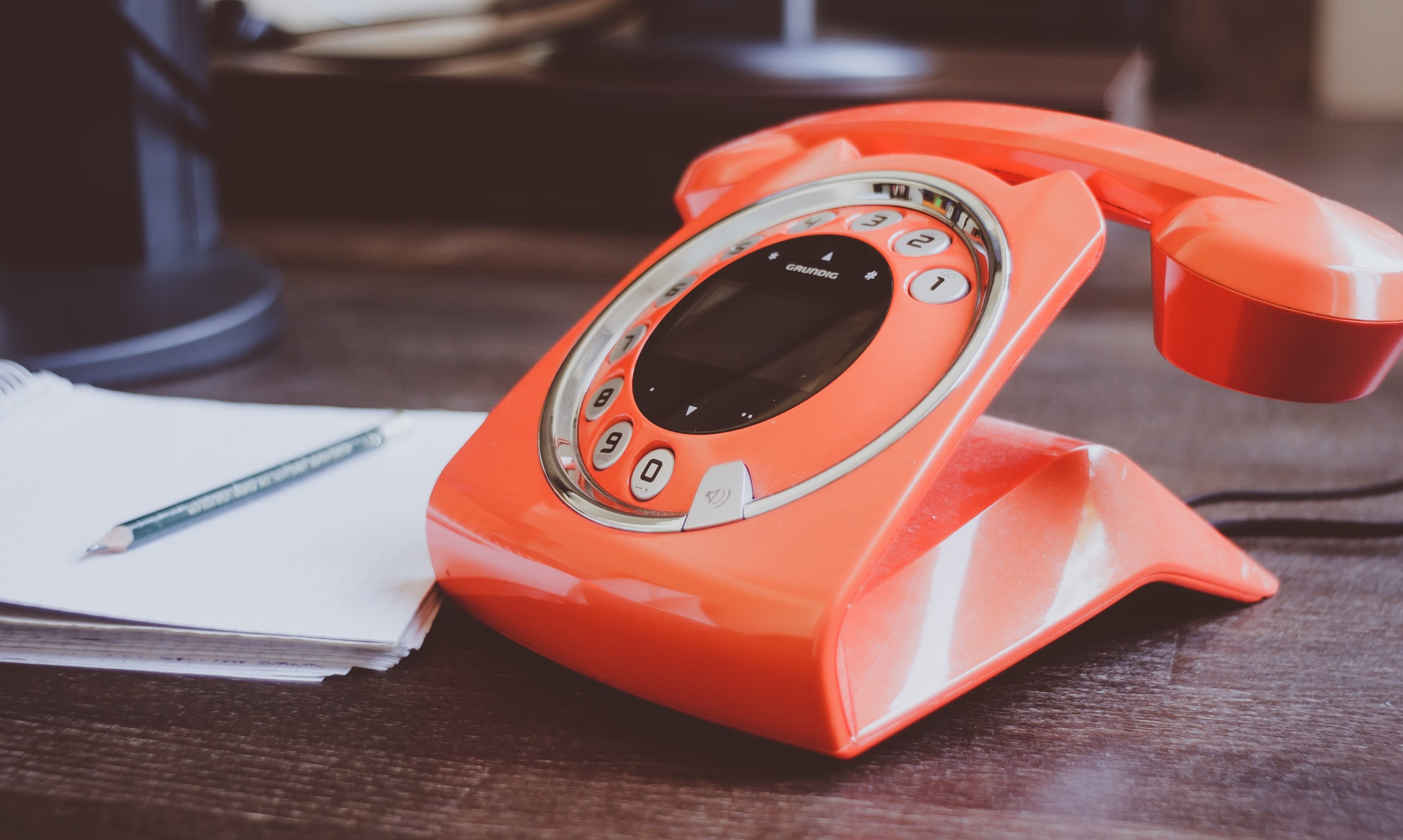
Most financial advisers will be familiar with lasting powers of attorney and the role they play in managing the financial affairs and care requirements of clients in later life.
What is less well-known, but equally important, is the use of LPAs to protect the interests of business owners and the organisations they manage.
Many business owners will already have general LPAs in place that cover their financial affairs if they lose capacity to make decisions.
In most cases their attorneys will be their spouses or other family members.
But are these family members in any way qualified to sit on a company board? Should they be making key decisions about the operation of what is often a client’s most valuable asset: their business?
LPAs: introduction
An LPA is a legal document that enables an individual (known as the “donor”) to appoint a representative, or representatives (“attorneys”), to act on their behalf. The donor must be aged 18 or over and, at the time it is made, have full mental capacity.
LPAs must be registered with the Office of the Public Guardian before they can take effect. This process can take up to ten weeks.
Each LPA usually appoints between one and four attorneys. It can also nominate “replacement” attorneys to take over if the original attorneys become unable, or unwilling, to continue to carry out their functions – this is important because attorneys cannot select their own successors.
Lasting powers of attorney are divided into two categories: health and care decisions, and financial decisions.
Health and care LPAs authorise decisions about care and medical treatment and can only be used if the donor lacks capacity.
Financial LPAs enable individuals to delegate decision-making regarding their property and financial affairs.
A financial LPA can be used as soon as it is registered, providing the donor gives permission: for example, older clients who retain full mental capacity often nonetheless choose to delegate the management of their investments to their adult children.
A business LPA is a type of financial LPA that deals specifically with the donor’s interests in a particular business separately from general financial decisions.
It enables a suitably qualified attorney to take over the donor’s management functions, either to maintain continuity or to enable an orderly exit from the business.
Consequences of not having an LPA
An LPA provides protection against the consequences of incapacity.
It may be possible for an incapacitated individual’s family to muddle through managing personal finances while an application is made to the Court of Protection to appoint a deputy to manage their affairs but they are likely to experience difficulty and delay.
Deputyship applications can take up to six months, and the deputyship regime is costly and bureaucratic.
If an individual is the sole director of a business, or a sole trader, their business bank accounts will usually be frozen when they lose capacity and they will be unable to enter contracts or appoint other directors to take on their functions.





